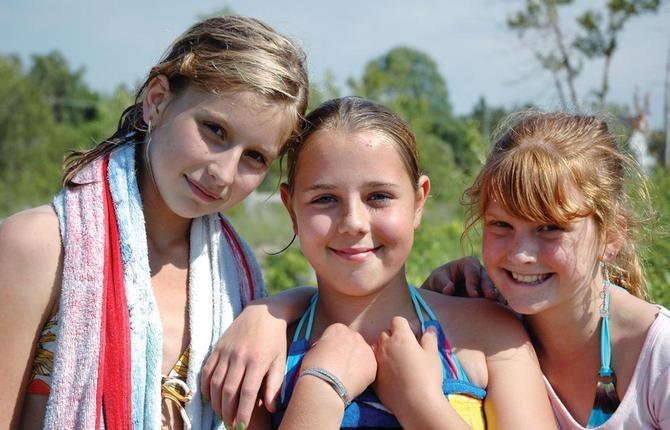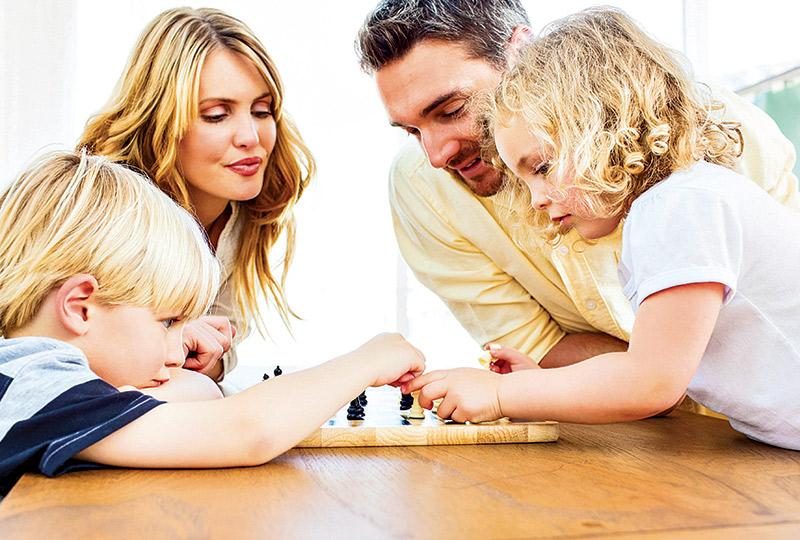
Building a culture of teamwork
The buzzword for success in today’s secondary schools, colleges, universities, and the workplace is teamwork. The idea is if a group collectively tackles a problem the results will outstrip what could be achieved by an individual alone.
Yet, I always remember the kid in the camp dining hall who didn’t want to put out plates and cutlery when it was his cabin’s turn. He questioned his mates, “Did you ever have to set your own table when you went to a restaurant?” “No,” they replied, thoughtfully. “See, I told you camp sucks!”
Although we promote the benefits of group efforts in our institutions the paradox is that teamwork is not an innate feature of urban society. We are now only beginning to once again partake in community activities built upon notions of give-and-take and shared responsibility. While we have adopted the team formula for our schools and workplaces our team members still tend think of themselves first and foremost as individuals.
Consequently, people do not always work well together. Many team members will not do their share, simply do nothing, or in the worst case scenario, deliberately try to undermine the group itself. The challenge to teachers and employers becomes creating an environment where “individuals” actually want to work together.
Individualism and today’s parents
Today’s generation of parents often try to protect their children from an uncertain future by micro managing their every move. These are the well meaning “helicopter parents” who hover over their children attending to every gripe, fret or unsatisfying event their children’s lives. This pervasive intercession in the name of all that might be uncomfortable or unfamiliar has left many kids floundering outside of their home environments.
Children who are used to being super stars in the eyes of their parents’ often find it difficult to share the spotlight, cooperate, and fit in. What these smart and capable kids need are practical experiences where they can learn to get along with others and witness the remarkable achievements of group effort.
As education and business have adopted the teamwork model as the way to success it is important that young people acquire and practice these skills. Summer camp provides the necessary learning opportunities. At camp the project may be clearing a forest path. But if a young person has never had to pick up a rake and do a bit of yard work he may not be inclined to pitch in with the others. He may see the task as beneath his star qualities.
Campers are part of a team
So what happens when these kids get to camp? Camp is a social place, a community of young people and adults who live and work together towards a common goal; this is to enjoy activity, develop friendships and learn new skills. Much of the social interaction that takes place at camp is based on teamwork. Whether putting in the swim docks for the season, racking your canoes after use, or cabin clean-up each morning, both campers and camp staff depend on each other to accomplish daily routines. Camp life is an experience in community living that reaches beyond the hype of self-image and the culture of individualism.
While at the Ontario Institute for Studies in Education of the University of Toronto, I conducted research into the summer camp experience.
My work explored how learning takes place and what learning transferred to later life contexts. Teamwork was a recurring theme.
Eighty five point nine percent of the participants believed that the residential atmosphere of camp allowed them to learn tolerance, patience, and the value of teamwork, while 71.6% felt they learned something worthwhile from their peers.
Here is what one research subject, now a negotiator with a resource development company, had to say about teamwork within her professional life and her experiences at camp:
“Today you always have to work with other people. You have to be able to communicate, you have to get along, and figure out how you work with the rest of the group. Camp allows you to learn this because you are living and working with people all the time. Now I’m part of a team in my work. There is a lot of information exchange among parties and you depend on your team members to get all parties on side. Camp helped a great deal in the development of my socialization skills.”
Camp life allows us to acknowledge that we all have our strengths and weakness and builds upon a positive attitude towards this fact. Camp programs are designed to allow the development of a healthy balance between independence and interdependence. This is achieved through delegation within group centred activities. Delegation is an important aspect in forging a successful team because delegation is not just about sharing the workload. It’s about learning to build upon one’s strengths and making individual team members feel worthy and earn the respect of others. It is their opportunity to shine and this is what happens every season at camp.
Stephen Fine, Ph.D. is Director of The Hollows Camp and Chair of Educational Research for the Ontario Camping Association.





